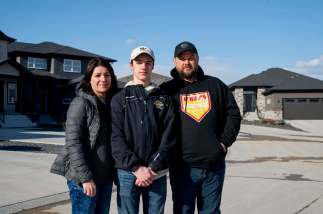Goodwill hunting Taking action, providing assistance during a time of crisis can benefit your mental health
Read this article for free:
or
Already have an account? Log in here »
To continue reading, please subscribe:
Monthly Digital Subscription
$19 $0 for the first 4 weeks*
- Enjoy unlimited reading on winnipegfreepress.com
- Read the E-Edition, our digital replica newspaper
- Access News Break, our award-winning app
- Play interactive puzzles
*No charge for four weeks then billed as $19 plus GST every four weeks. Offer only available to new and qualified returning subscribers. Cancel any time.
Read unlimited articles for free today:
or
Already have an account? Log in here »
Hey there, time traveller!
This article was published 19/04/2020 (1713 days ago), so information in it may no longer be current.
Tough times often bring out the best in people. Neighbours helping neighbours, strangers helping strangers. All out of the goodness of their hearts, because that’s just what you do.
In any sort of crisis, you look inward to make sense of the situation. But taking a moment to look outward to your community — your street, block or building — is just as crucial. In times of uncertainty, hardship and fear, community is more important than ever. And as the world deals with the COVID-19 pandemic, we’re relying on our friends and support groups for solidarity, guidance and empathy.
CARING AMID COVID-19 CRISIS
Did someone get you groceries during your self-isolation? Did you deliver a meal to a neighbour? Did someone go above and beyond during this trying time? Tell us about it. We want to share the uplifting stories happening in our community as we cope with the novel coronavirus pandemic. Email: kindness@freepress.mb.ca
“Healthy and supportive relationships with others help to settle and calm our nervous system in a variety of ways, including helping us to have a greater sense of safety and security in belonging to a group,” says Dr. Jo Ann Unger, a clinical psychologist and president of the Manitoba Psychological Association. “We need to become very mindful and conscious about how we are taking care of ourselves and this includes our social supports.”
We’re all feeling the effects of COVID-19. Hardships look and feel different for everyone and it’s often the vulnerable who struggle the most in times of crisis — children in need, the elderly, the homeless, newcomers and many others who have lost access to critical services and programs owing to social distancing.
We’re a strong community and social distancing doesn’t mean we have to brave this on our own.
“We’re social creatures by nature and being more separated physically can feel uncomfortable or even stressful,” Unger says. “In addition, it can erode our sense of community and our sense of identity, as our sense of who we are is partially defined by our relationships and the groups we belong to.”
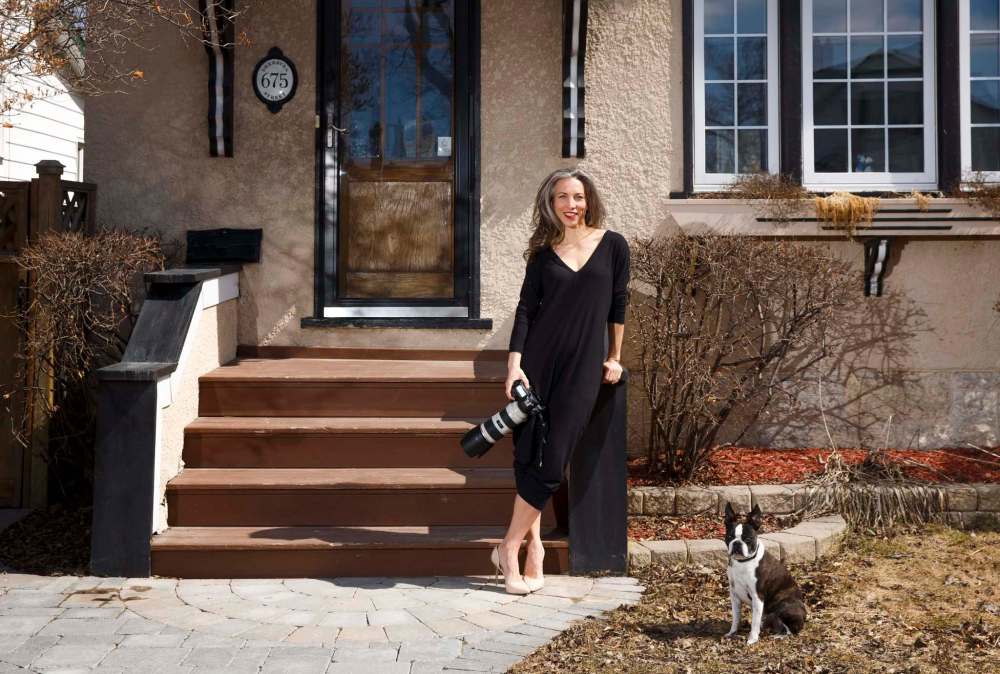
The COVID-19 struggle has led to the emergence of “caremongering” — an online movement spreading across the country offering good deeds to help one another. These people, dubbed “caremongers,” come together to form networks to support their communities, including those who are in isolation, financially unstable or otherwise in distress.
The BBC even ran a story about how the first caremongering group in Toronto went viral across Canada.
“In Canada, a country whose inhabitants are stereotyped in the media as kind to a fault,” the BBC reports, “helping others has become an organized movement called ‘caremongering.’”
Groups have sprung up across the country, many organizing through social media platforms. Countless offers of help have piled up on Facebook, on flyers in laundry rooms and building lobbies and through support groups. individuals get groceries, pick up prescriptions or other things they may need assistance with. The groups vary in size, from a handful of members to thousands. Some distribute food and supplies, while others run errands for those who are unable to do so. Some serve as a platform to organize volunteer groups.
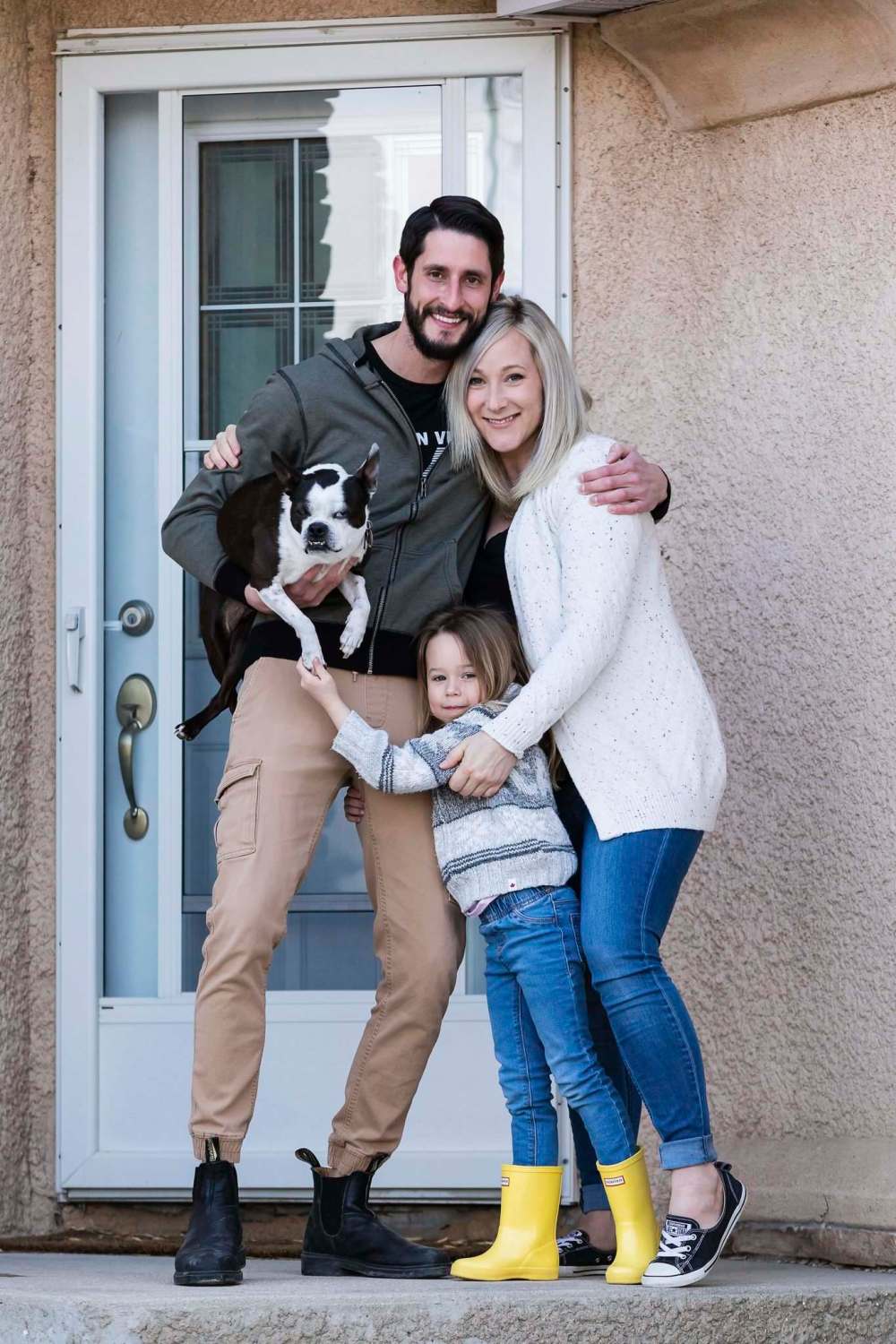
“Helping others gives a sense that we are taking some action and we are doing something to address this problem we are facing as a planet,” Unger says. “Research shows that taking some form of action in times of adversity reduces the negative impact of that adversity on our mental health.”
Facebook groups such as “CareMongering — Winnipeg Community Response to COVID19,” run by the South Winnipeg Family Information Centre, and “We got this — Winnipeg” are both resources helping members of the community gain access to food, housing and health care. There are educational resources, offers to run errands and people can post requests for aid and support.
But these groups are about more than just helping others in a time of need — they provide a place for people to see acts of goodwill in their communities.
Some of us may not have had to think about social connection and support in the past, Unger says, as it may have come naturally through our daily lives. Now, we may have to be more conscious about connecting in new ways.
“One very important way we can support each other is by providing a listening and empathetic ear. Having someone listen to the things you are experiencing without trying to change or fix things is very helpful,” she says. “Specifically, reaching out to people who are living alone. Often these are also elderly people who could also benefit from other forms of practical support.”
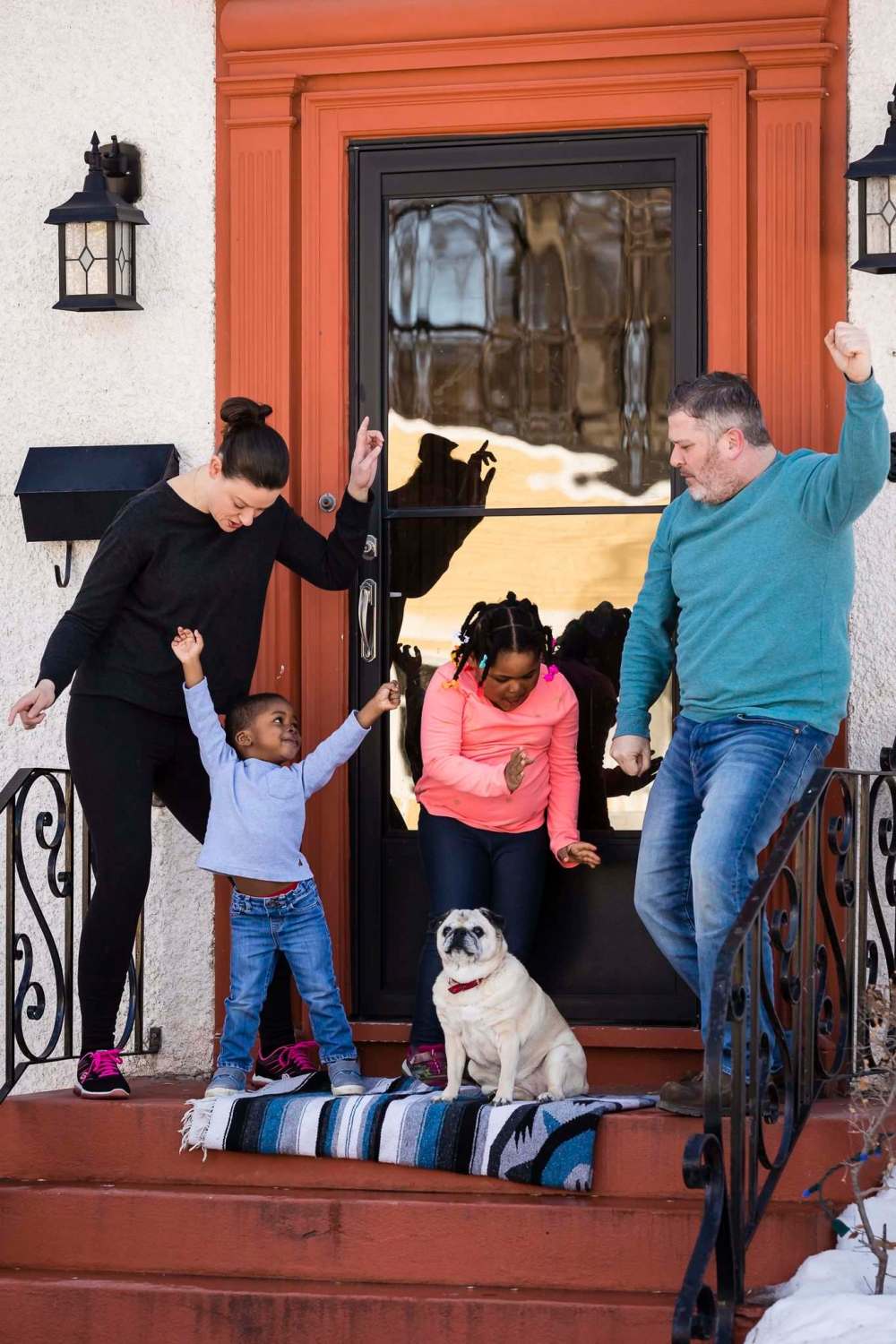
Unger says a number of peer support agencies are providing important phone or video support. The Anxiety Disorder Association of Manitoba has opened a support line — 204-925-0040 — for Manitobans struggling with feelings of anxiety during the COVID-19 crisis. As well, Age and Opportunity: Support Services for Older Adults is continuing to offer “Senior Centre without Walls,” a telephone-based service that offers opportunities for daily social connection to Manitobans 55 and older. Its phone number is 1-888-333-3121.
While social distancing is keeping people apart, photographer Kristen Sawatzky wanted to keep community connection alive by bringing people together, metaphorically speaking.
“All of my work came to a screeching halt and I started feeling quite helpless and sorry for myself,” she says. “I kept asking myself ‘How can I help?’”
While chatting with a friend, she learned about the Front Steps Project, a photography initiative that began in the United States and supports local fundraising efforts.
Photographers go to people’s homes and take photos of families on their front steps — from a safe distance, of course. The movement has spread across the social media globe.
The cost of the photo session? A donation to a local charity.
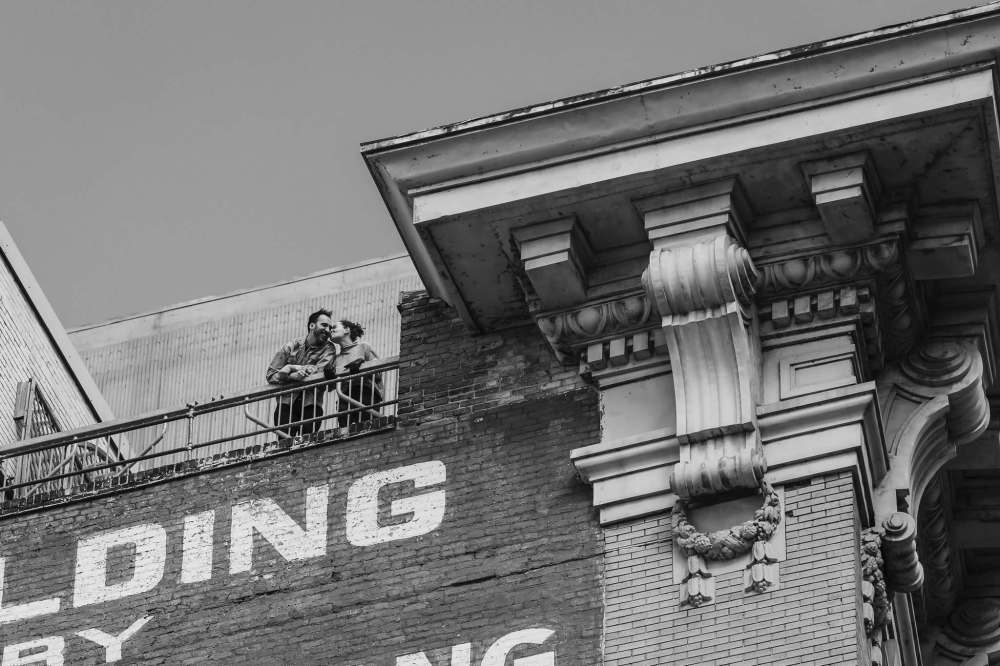
“It’s a way to spread joy while making a difference to those in our community that need it the most,” Sawatzky says.
Inspired by the photography fundraiser, she got to work and started a local version of the Front Steps Project in Winnipeg. She made a post on Facebook and Instagram that she would be taking photos between March 25 and 27. Nine hours later, her schedule was fully booked. She had a wait list so long that she decided to add one more day of shooting on March 31.
Sawatzky’s only requirement was for people to make a charitable donation to any local organization, as she didn’t want to limit fundraising to just one group.
“We have all been impacted by COVID-19 and so many organizations are in need right now,” she says.
Sawatzky is no longer taking photos for Front Steps but she managed to photograph 90 families and continues to get inquiries.
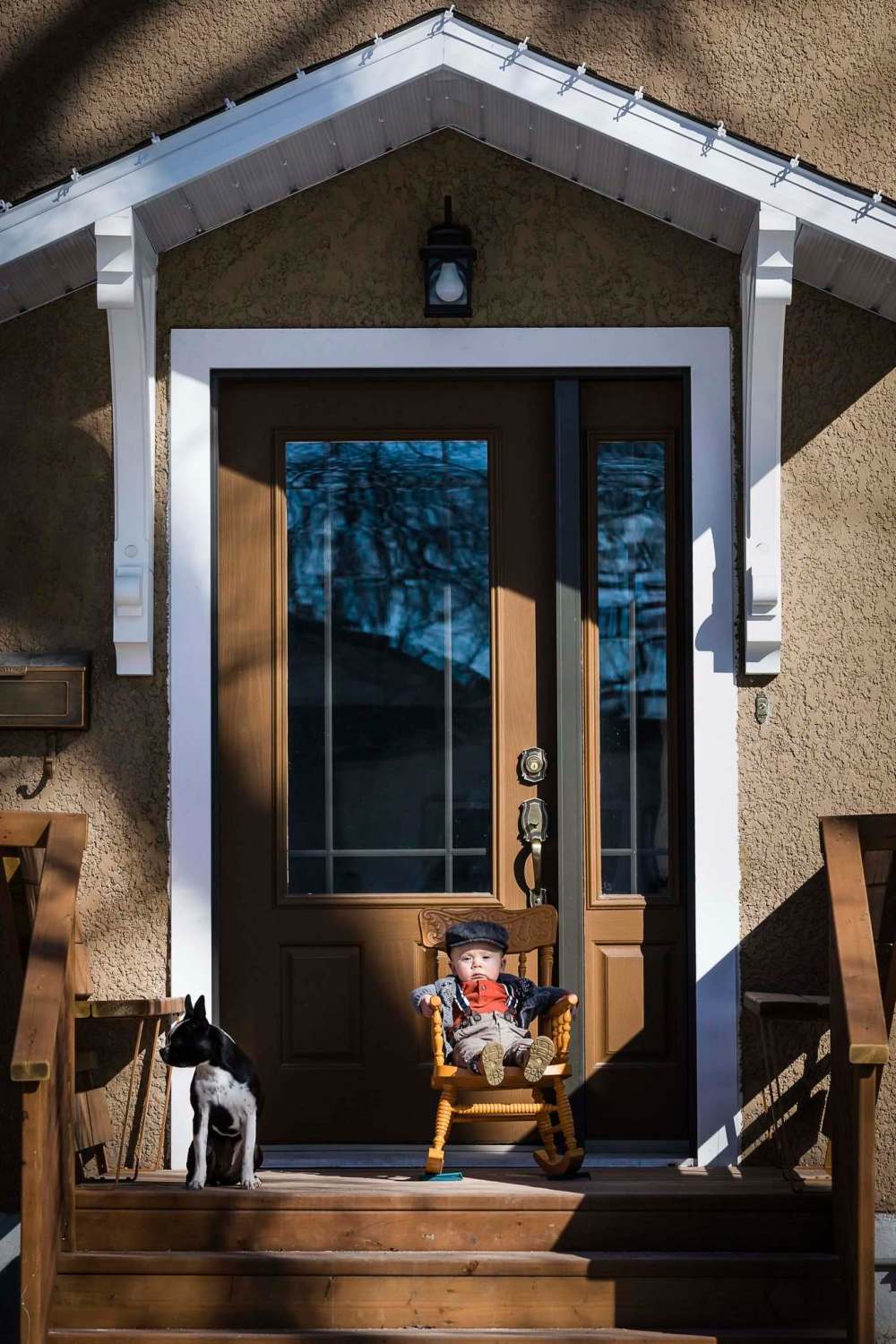
“I’ve actually stopped counting!” she says.
On April 9, the Professional Photographers of Canada issued a statement recommending photographers abstain from the photo sessions based on government recommendations to stay home unless it is essential to go out.
Over the four days of shooting, Sawatzky’s photography endeavour raised more than $7,000. Winnipeg Harvest received a large portion of the donations, with the rest of the funds going to the likes of Siloam Mission, HSC Foundation, Main Street Project, Rossbrook House, Bear Clan Patrol and Villa Rosa.
“This is such an unprecedented time that is forcing us to take stock of what truly matters in our lives,” she says. “I’m happy to use my skill set to spread a bit of joy to others, whether it’s putting a smile on someone’s face or food on someone’s table.”
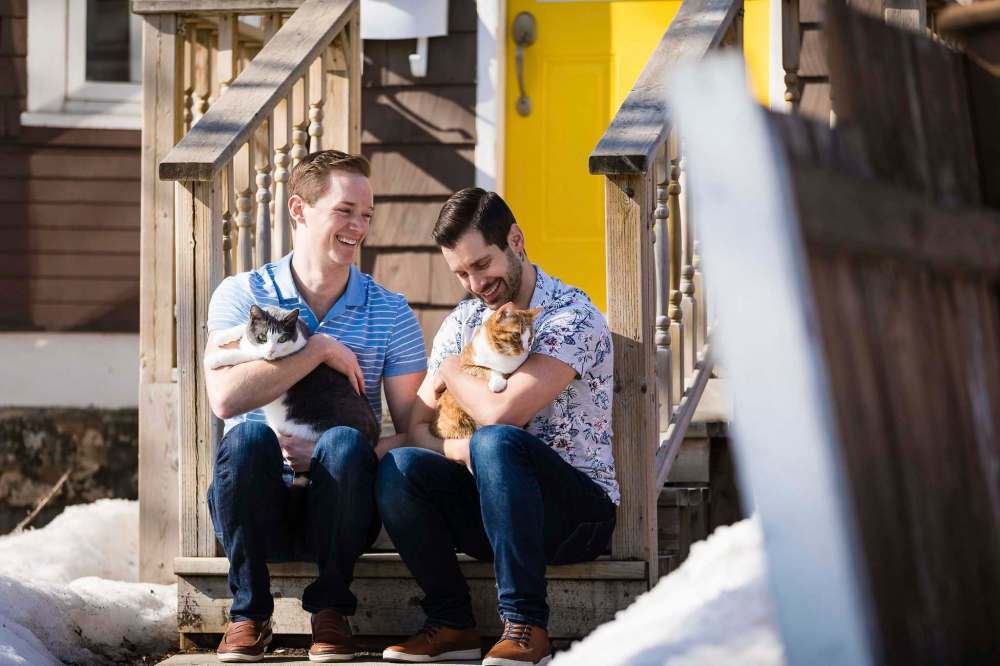
Crisis can bring out both the best and the worst in humanity. But now is the time to come together by staying apart and offering assistance to those in need. Help your elderly neighbours and others in high-risk groups or self-isolation, support local businesses and charities, and call your friends and family to see how they’re holding up.
Helping others in our community is an inspiring bright light in these dark times. And as we keep our distance from others, our communities are growing closer.
sabrinacarnevale@gmail.com
@sabrinacsays

Sabrina Carnevale
Columnist
Sabrina Carnevale is a freelance writer and communications specialist, and former reporter and broadcaster who is a health enthusiast. She writes a twice-monthly column focusing on wellness and fitness.
Our newsroom depends on a growing audience of readers to power our journalism. If you are not a paid reader, please consider becoming a subscriber.
Our newsroom depends on its audience of readers to power our journalism. Thank you for your support.





